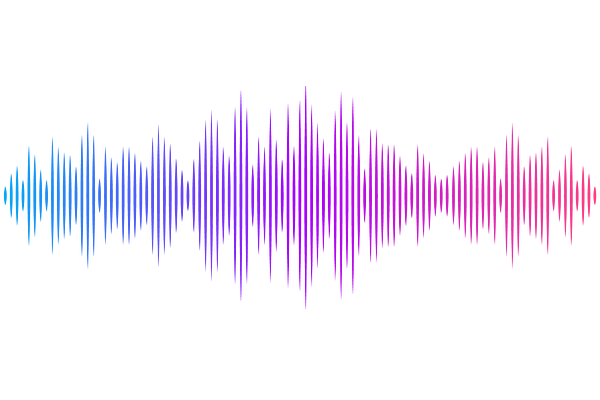The Cosmological Constant from a Quantum Gravitational $θ$-Vacua and the Gravitational Hall Effect

The Cosmological Constant from a Quantum Gravitational $θ$-Vacua and the Gravitational Hall Effect
Stephon Alexander, Heliudson Bernardo, Aaron Hui
AbstractWe provide a new perspective on the cosmological constant by exploring the background-independent Wheeler-DeWitt quantization of general relativity. The Chern-Simons-Kodama state of quantum gravity, a generalization of the Hartle-Hawking and Vilenkin states, has a striking structural similarity to the topological field theory of the quantum Hall effect. As a result, we study the gravitational topological $\theta$-sectors in analogy to Yang-Mills theory. We find that the cosmological constant $\Lambda$ is intimately linked to the $\theta$-parameter by $\theta=12\pi^2/(\Lambda \ell^2_{\rm Pl}) \mod 2\pi$ due to the fact that Chern-Simons-Kodama state must live in a particular $\theta$-sector. This result is shown in the canonical, non-perturbative formalism. Furthermore, we explain how the physics of the Hamiltonian constraint is analogous to the quantum Hall effect, with the cosmological constant playing the role of a quantum gravitational Hall resistivity. These relations suggest that $\Lambda$ is topologically protected against perturbative graviton loop corrections, analogous to the robustness of quantized Hall conductance against disorder in a metal.